Foreign ministers from China and the Arab world held their ninth meeting of the biennial China-Arab States Cooperation Forum earlier this month, at which they pledged to “deepen cooperation in various fields, and embrace new prospects in building a China-Arab community with a shared future,” according to Chinese state media outlet Xinhua. The meeting is sure to renew debates over the nature of Chinese influence in Gulf Arab states. China hawks in the United States often overemphasize China’s economic power in the region by focusing on the threats posed by companies like the telecommunications giant Huawei or BGI Group, a genetics company involved in building coronavirus testing centers across the Middle East. Other analysts downplay China’s economic credentials in the region, citing an underwhelming record of capital expenditures, job creation and foreign direct investment.
Both views have merits, but each misses a crucial point: that China’s growing economic influence in the Gulf region is best measured indirectly. China consumes an outsized share of the Gulf’s oil and gas exports, actively invests in state-linked entities, and provides sleek digital services to the region’s large youth population. The coronavirus pandemic and oil price rout of early 2020 afford China the opportunity to deepen and expand these dimensions of economic influence, especially over the medium and long terms.
The oil and gas sector alone accounts for more than 70 percent of government revenues in most Gulf Arab countries, and China is a primary consumer of the Gulf’s oil and gas exports. While Gulf countries are trying to diversify their economies, government spending and the interrelated hydrocarbon industries remain the primary drivers of economic growth in the region. Thus, Beijing does play a key—albeit indirect—role in the ability of governments in the Gulf to allocate capital expenditures, create job opportunities, promote entrepreneurism and launch economic initiatives that attract investment.
The views represented herein are the author's or speaker's own and do not necessarily reflect the views of AGSI, its staff, or its board of directors.

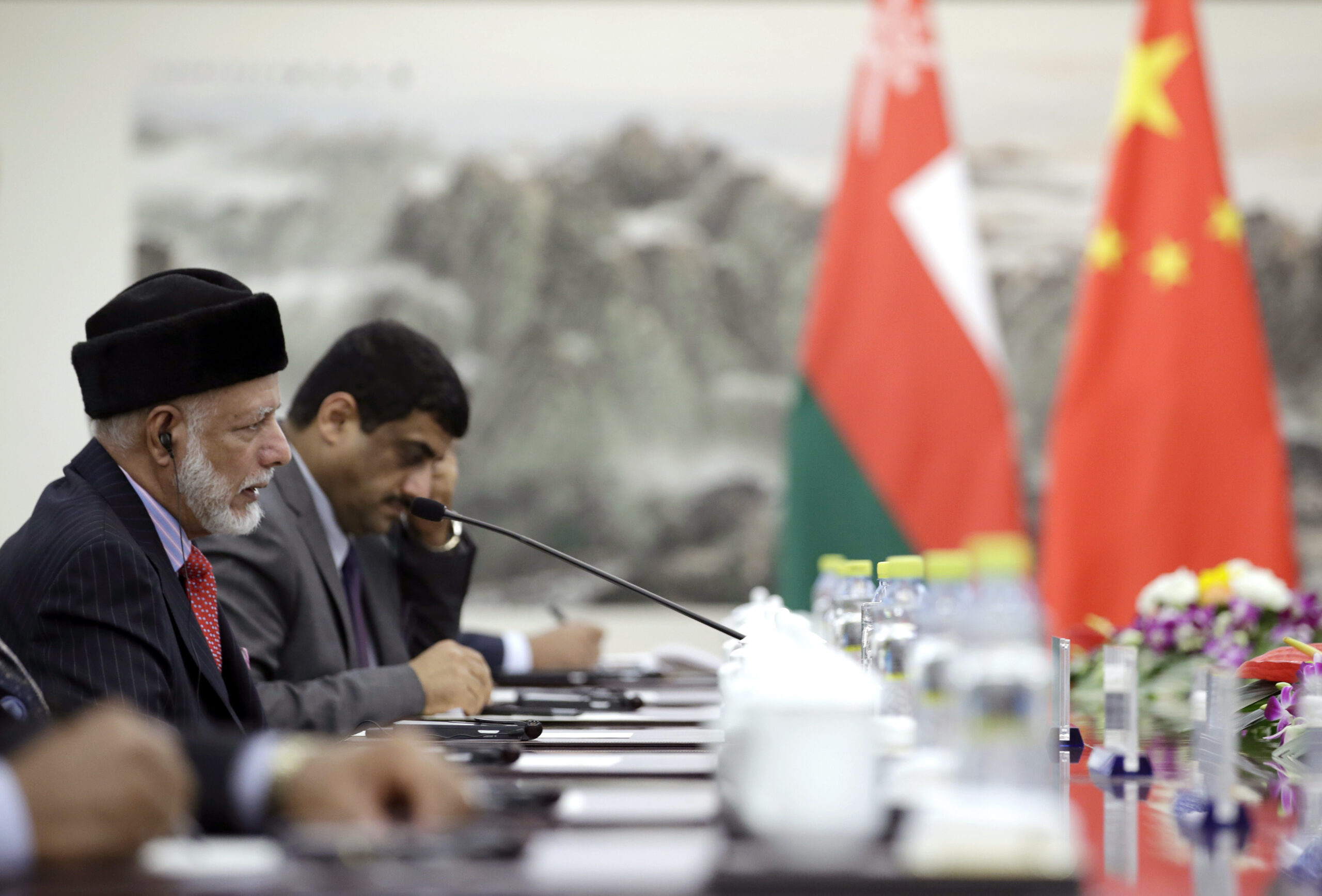

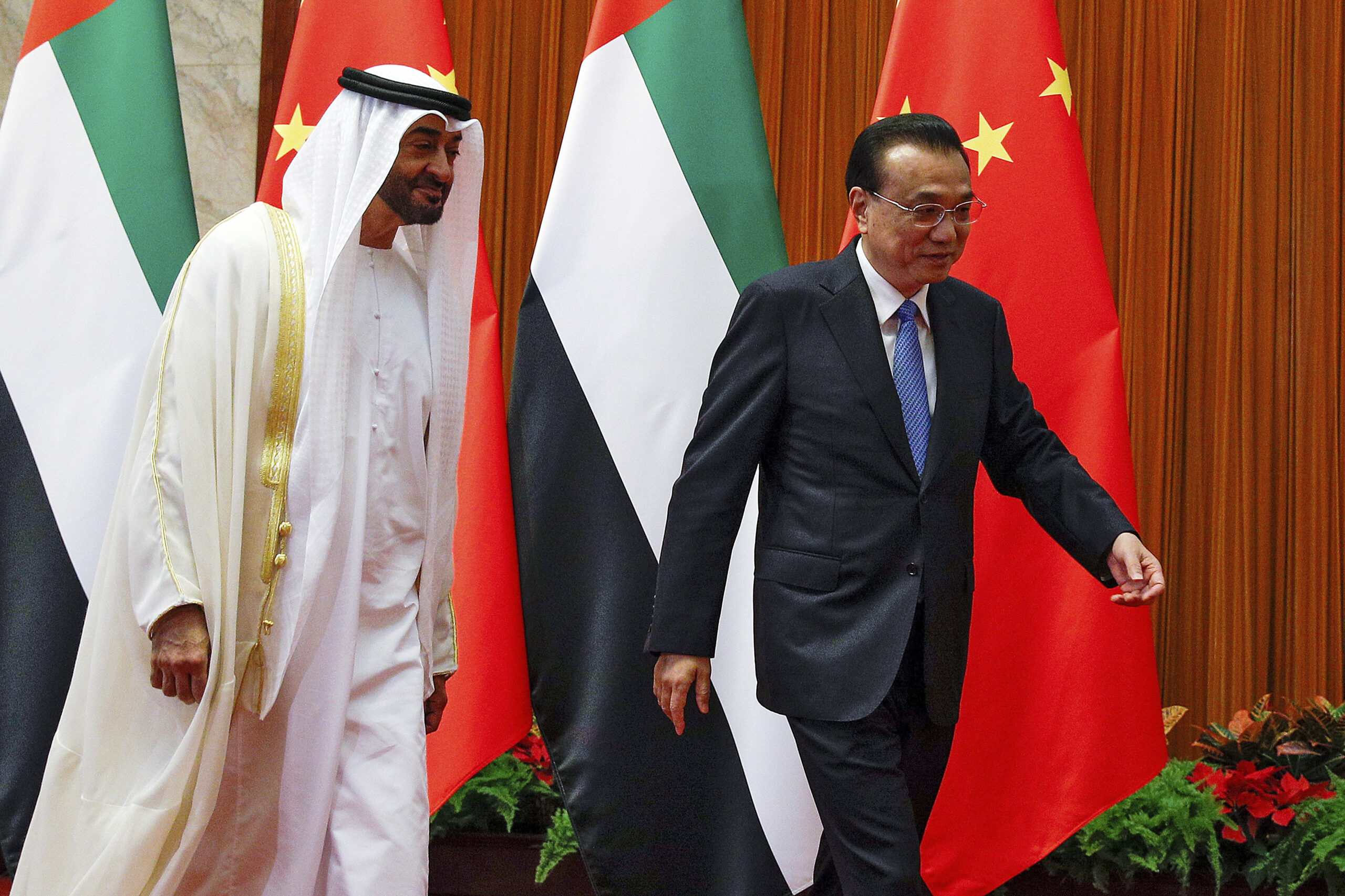

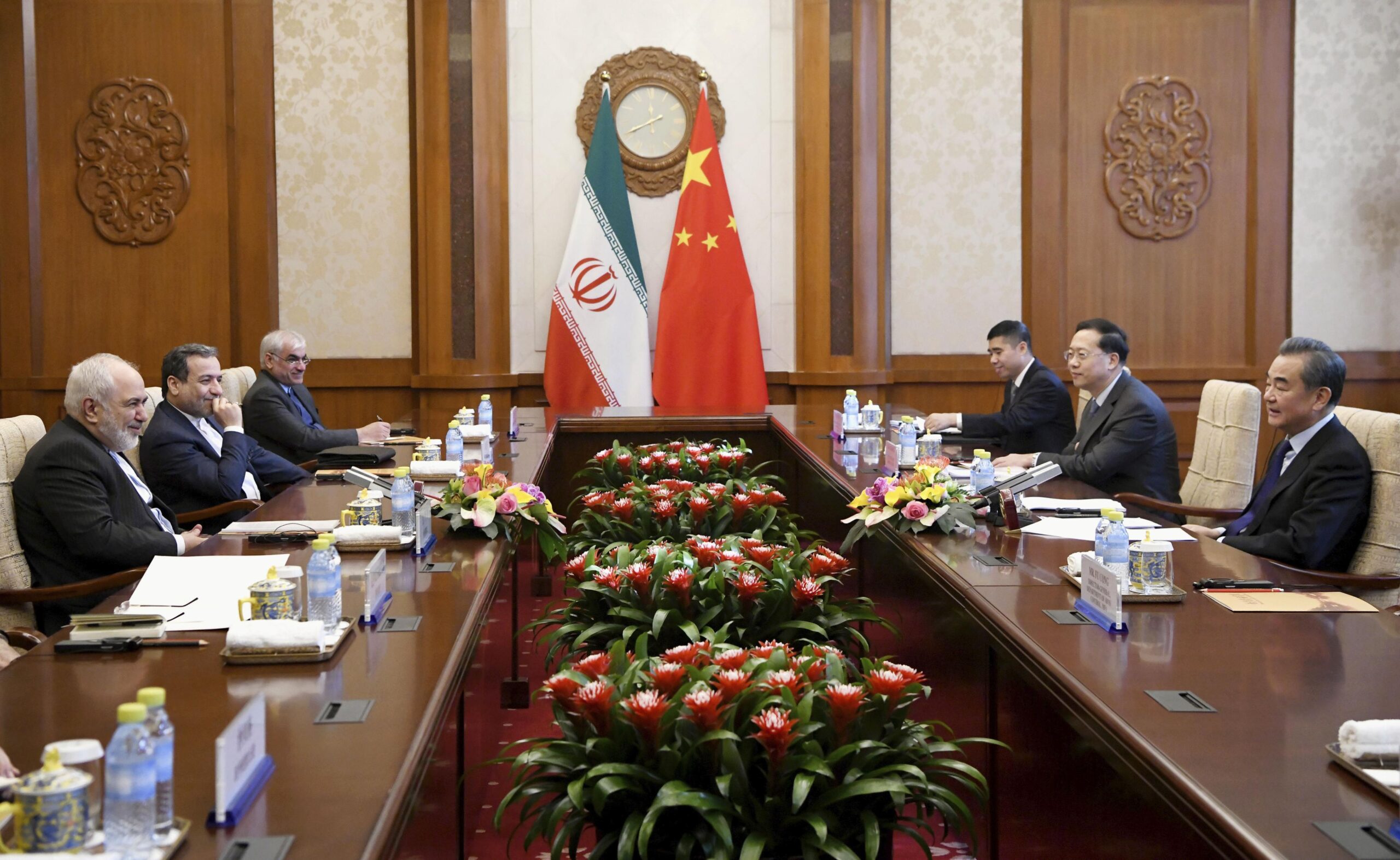
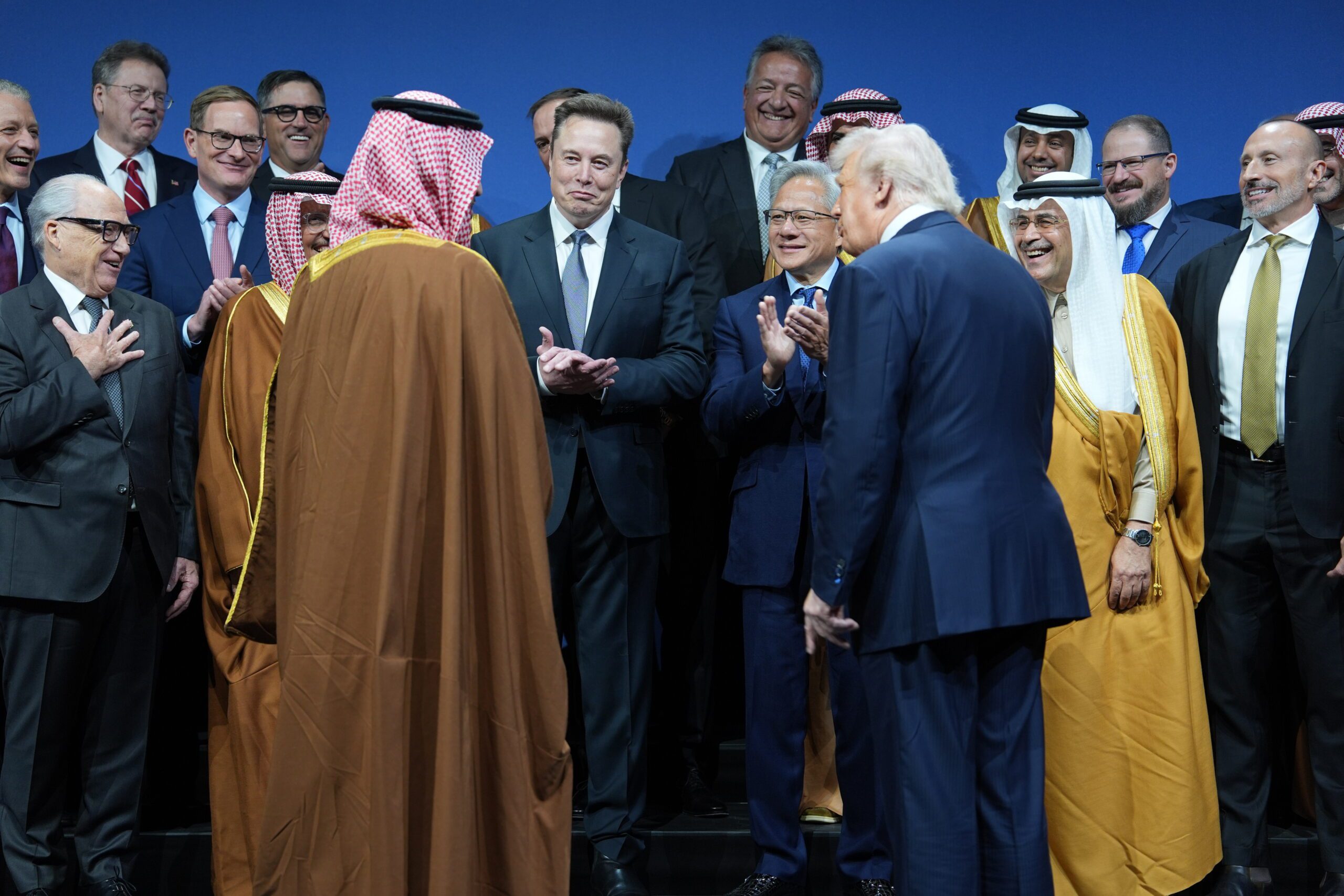



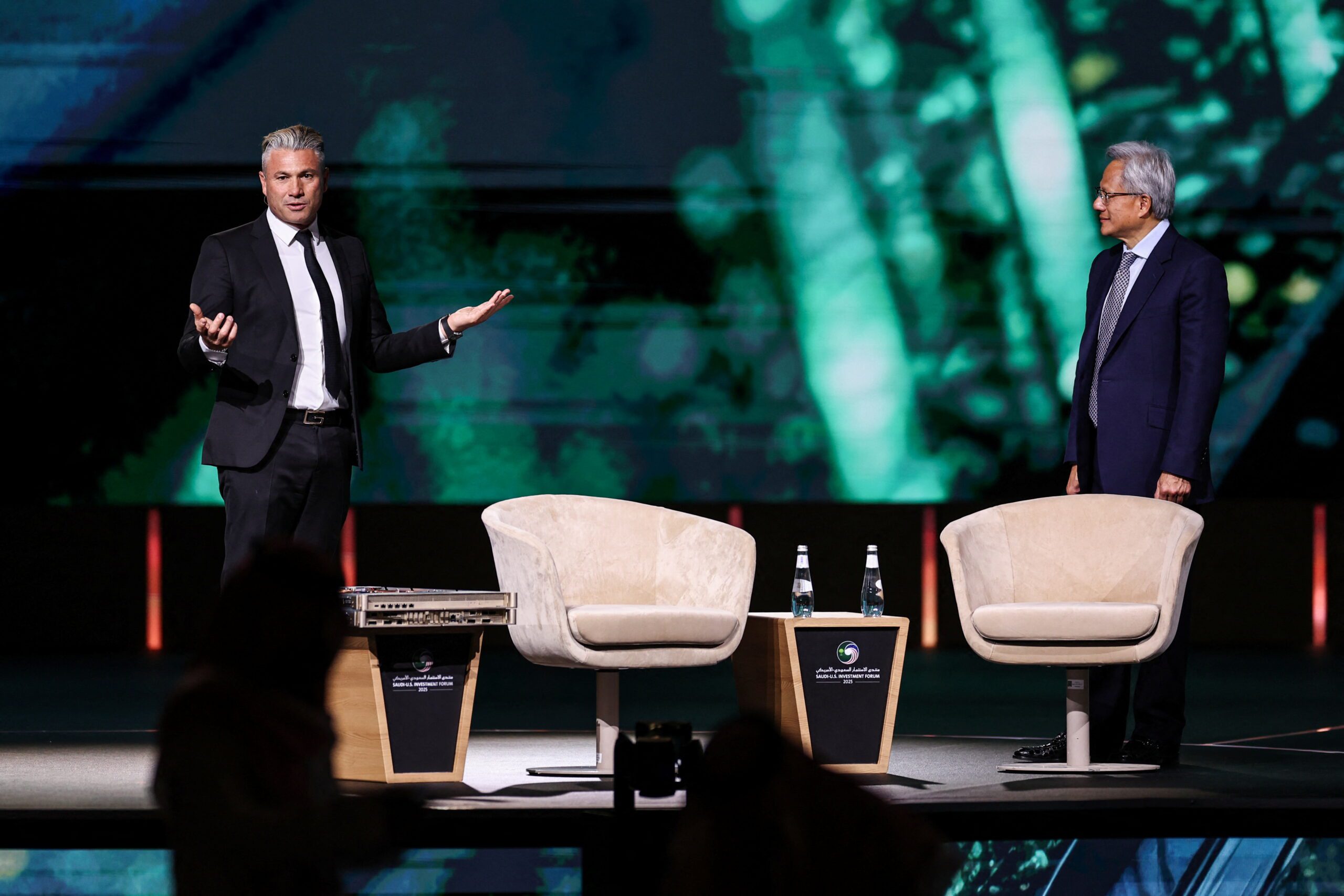
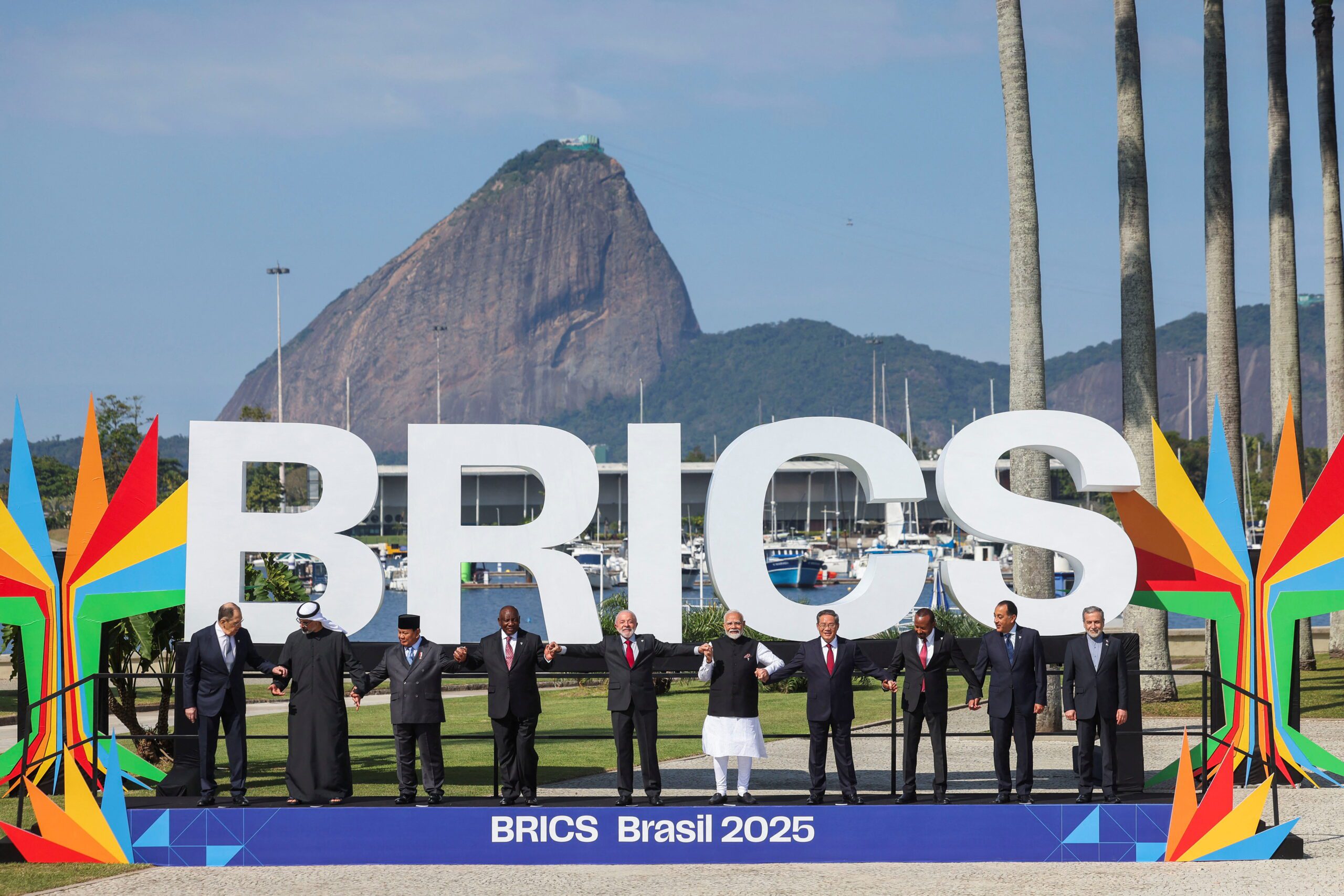
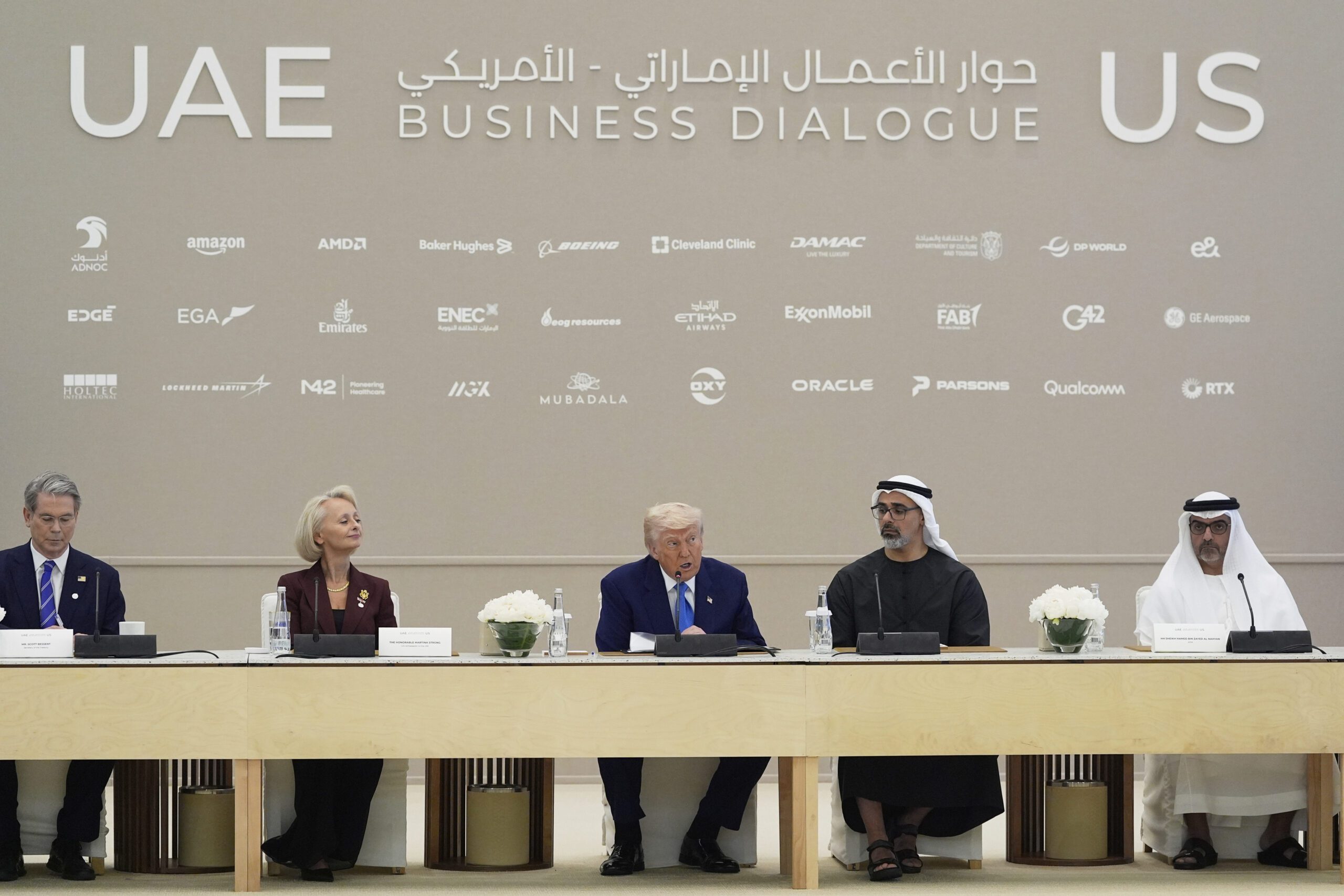

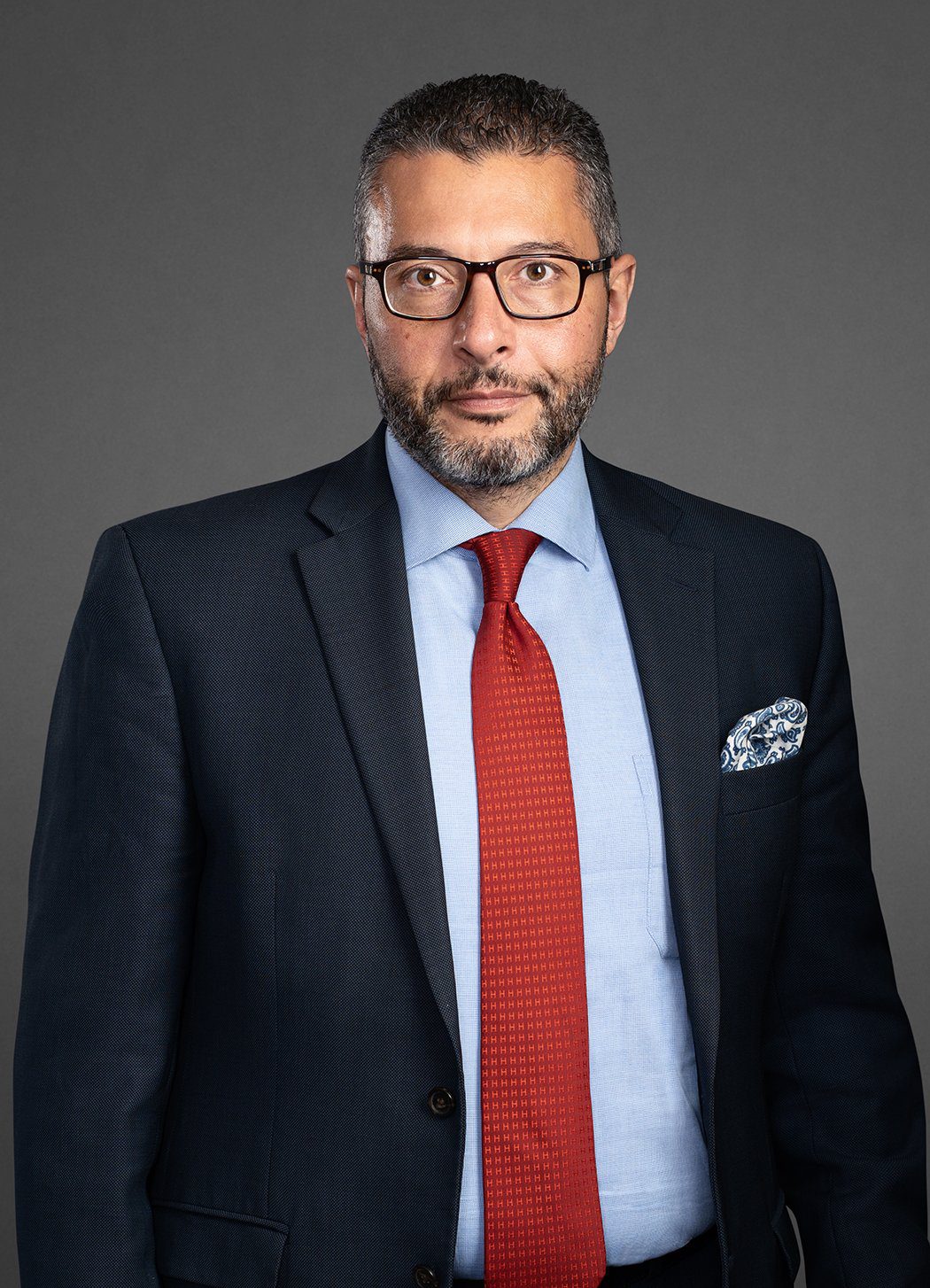

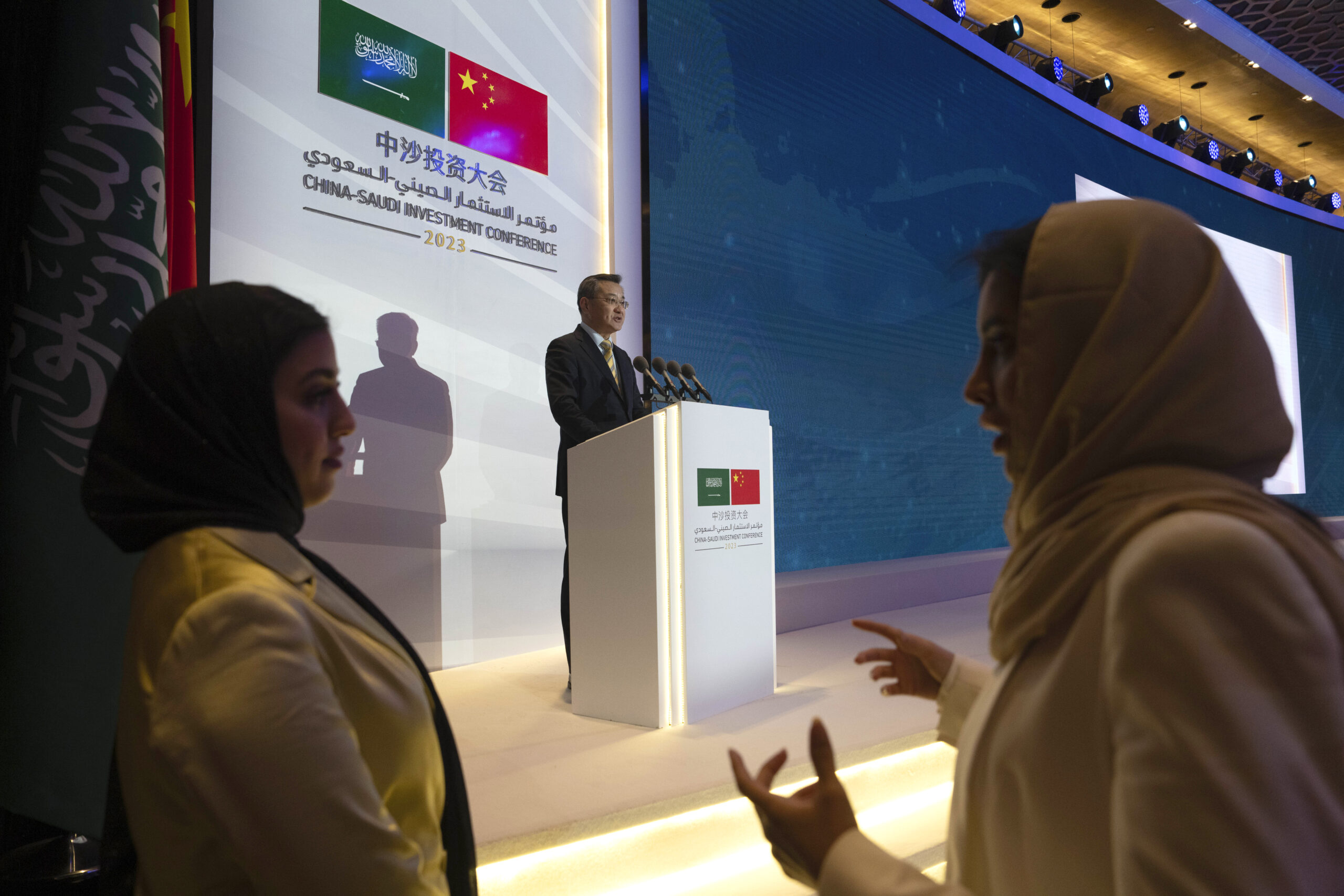
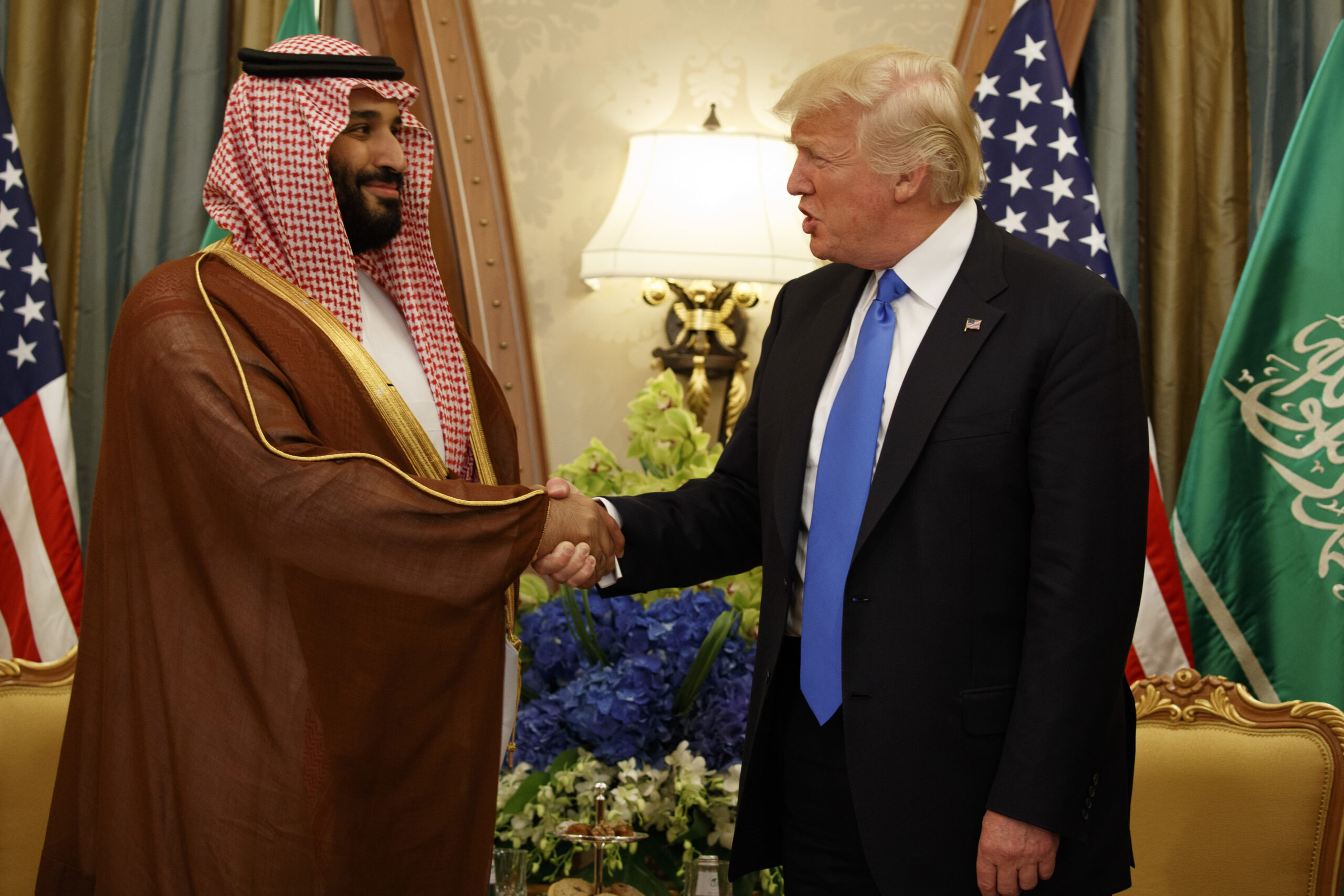
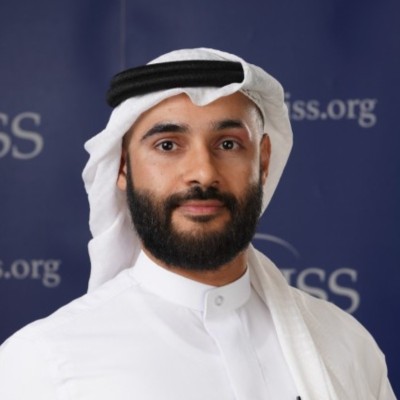
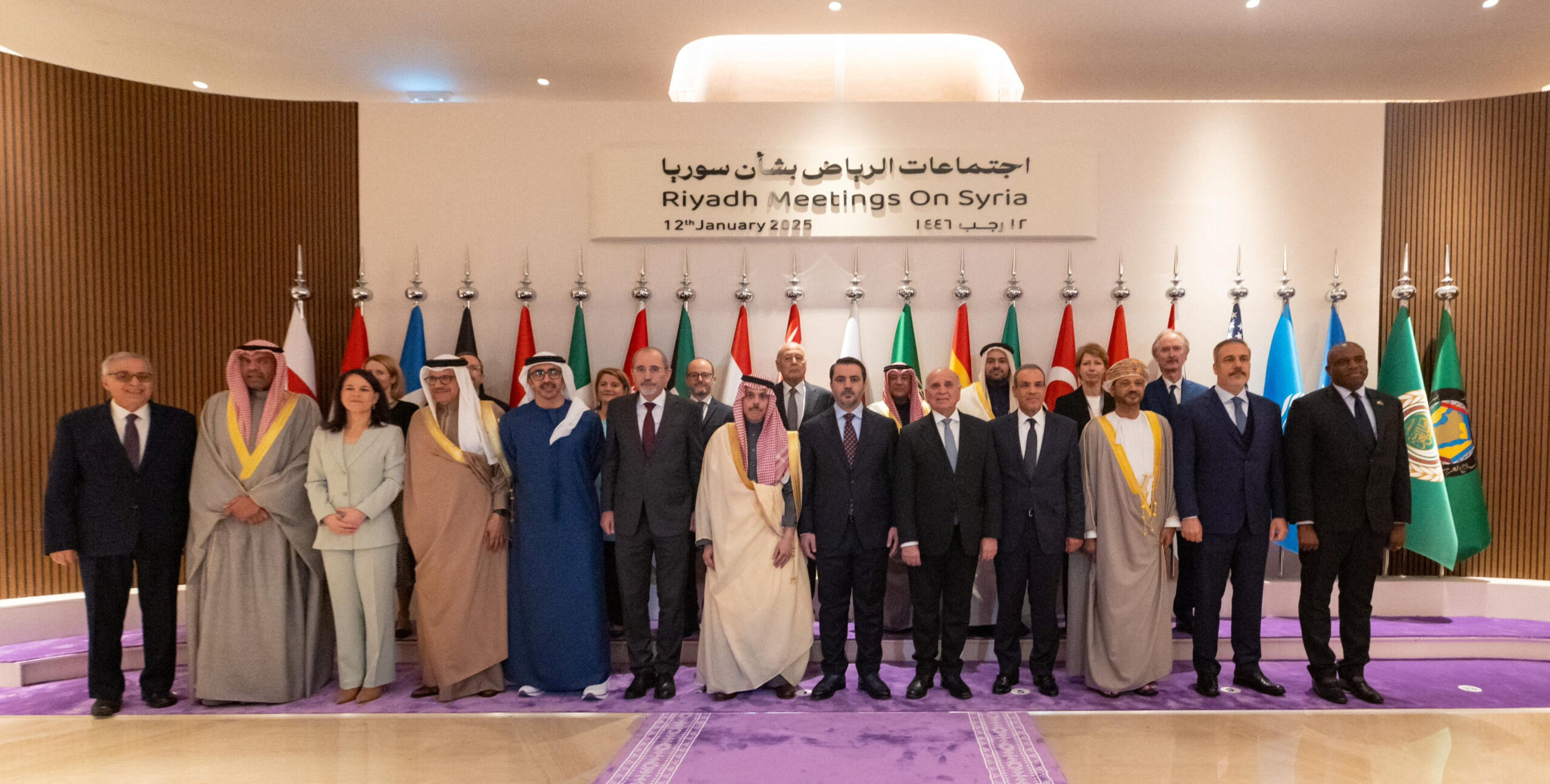



Jul 23, 2020
How China Is Quietly Expanding Its Economic Influence in the Gulf
The coronavirus pandemic and oil price rout have provided China the opportunity to expand its dimensions of economic influence in the Gulf.
2 min read